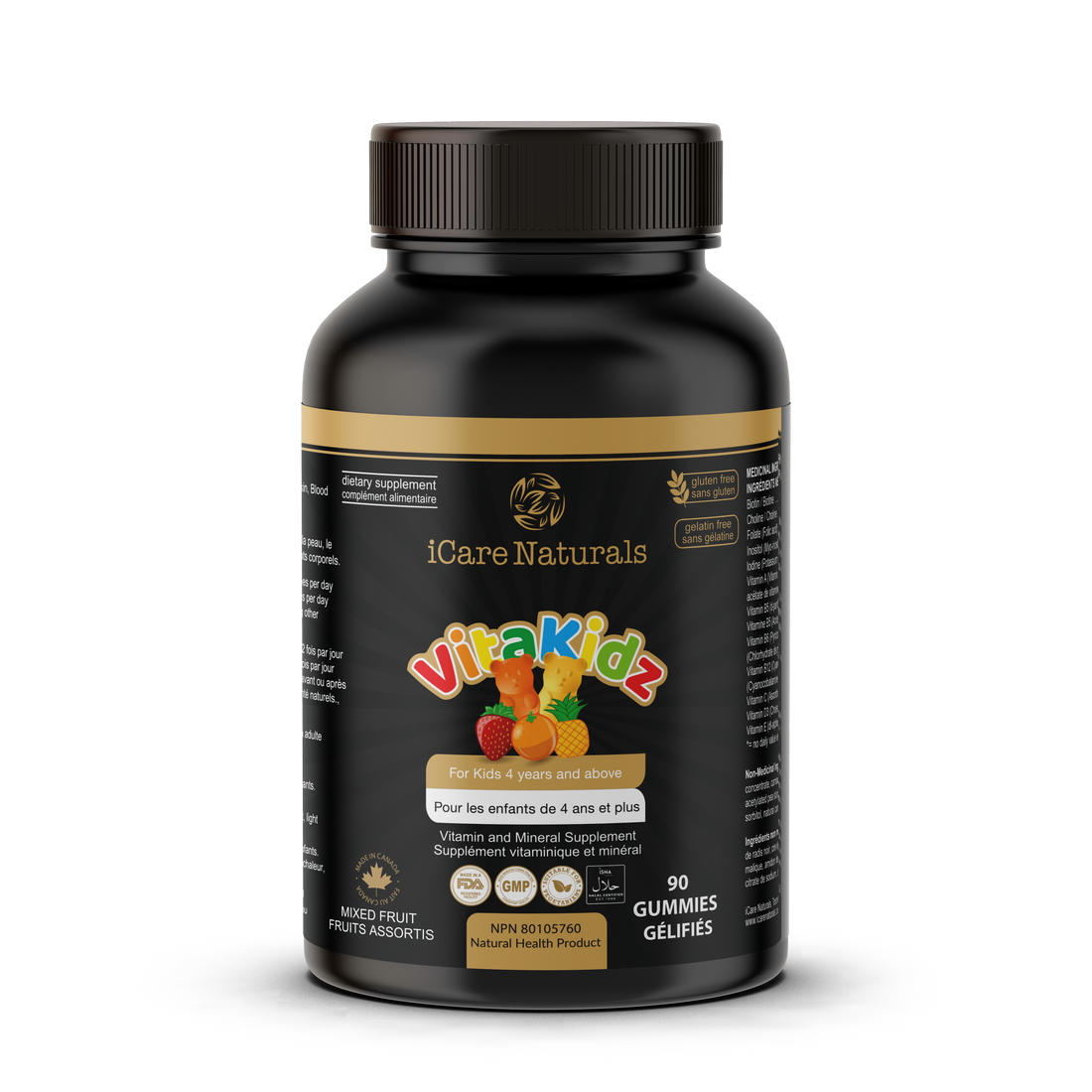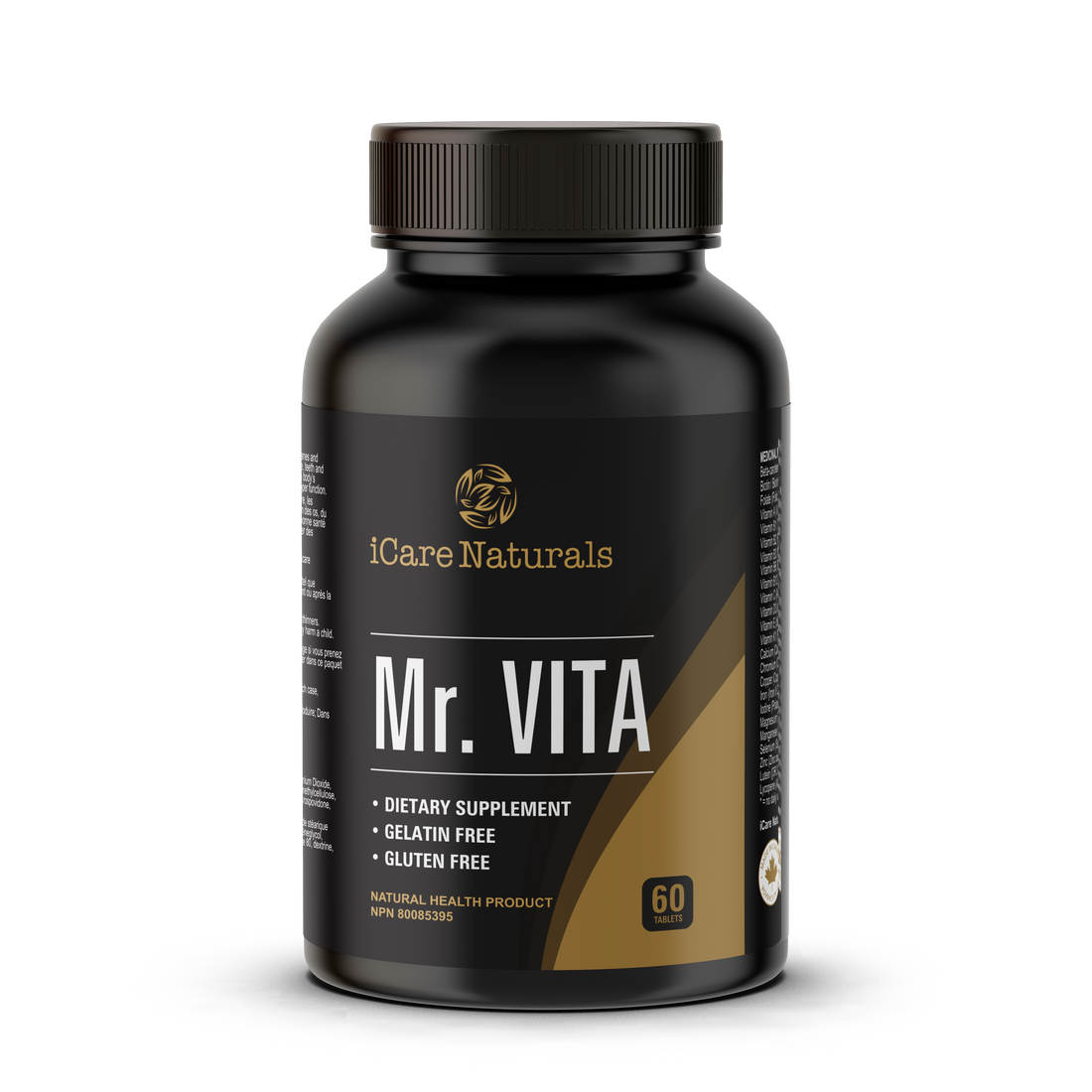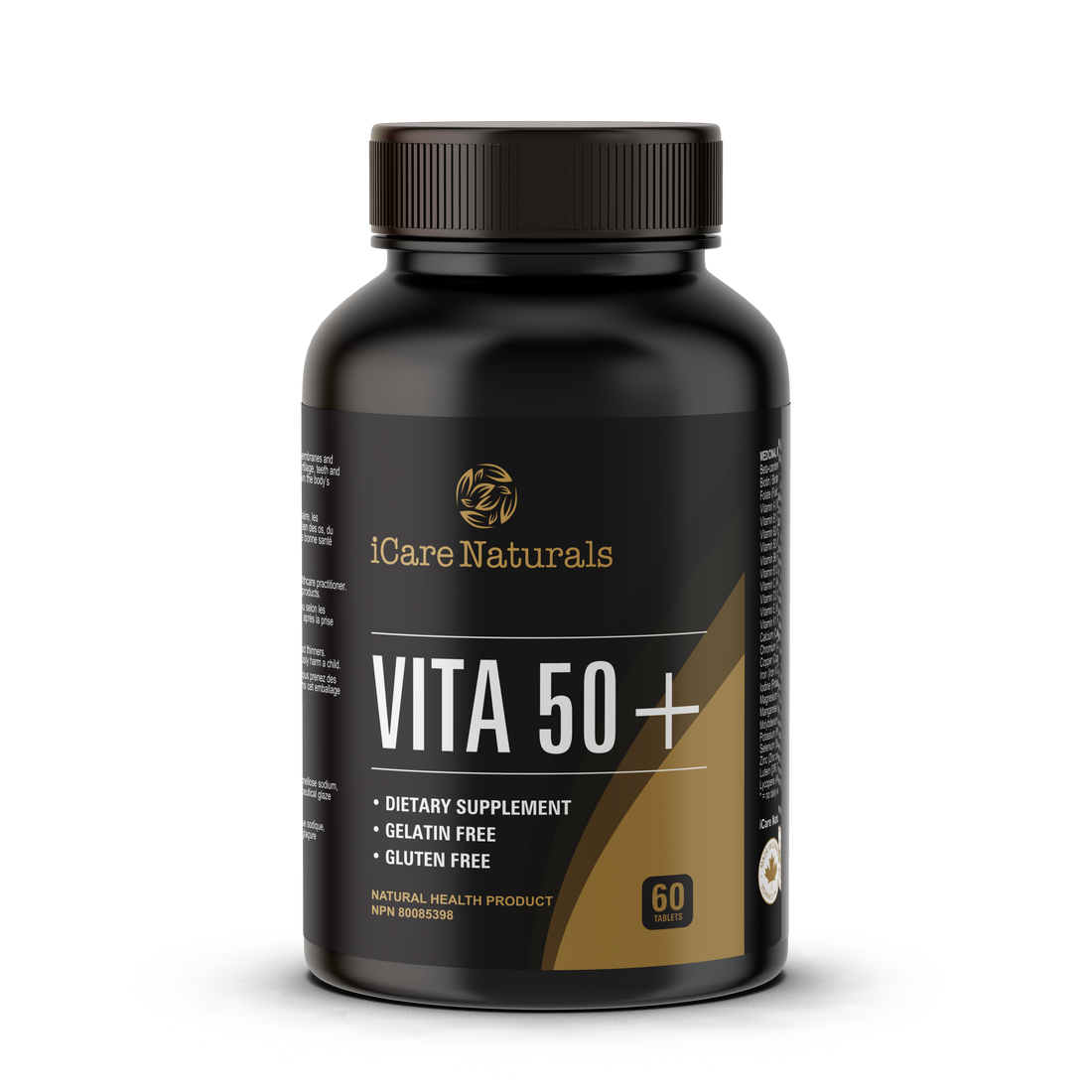Proper digestion is essential for maintaining a healthy body, and there are several vitamins that can aid in this process. Vitamins A, B, C, D, and E are all important for maintaining the health of the digestive system. Vitamin A is beneficial for maintaining the integrity of the gut lining, while B vitamins aid in the breakdown of food and the production of enzymes. Vitamin C helps with the absorption of iron and the production of collagen, while Vitamin D helps with the absorption of calcium. Vitamin E is known to be beneficial in protecting the lining of the gut and helps in reducing inflammation in the body. Incorporating these vitamins in your daily diet can help in maintaining a healthy digestive system.
Vitamin A
Vitamin A plays a vital role in maintaining digestive health as it helps to form and maintain the mucous membranes that line the digestive tract. This helps to prevent the growth of harmful bacteria and viruses, which can cause infections and inflammation. Foods that contain high levels of vitamin A include carrots, sweet potatoes, spinach, and kale. Additionally, organ meats such as liver and kidney are excellent sources of vitamin A. Eating a diet rich in fruits and vegetables, along with incorporating organ meats, can help ensure adequate intake of vitamin A for optimal digestive health.
Vitamin K
Vitamin K plays a crucial role in maintaining digestive health. It helps in the process of blood clotting, which is essential for preventing excessive bleeding during injury or surgery. Additionally, vitamin K is necessary for the formation and maintenance of healthy bones, as it helps in the absorption of calcium. The main sources of vitamin K are leafy greens such as spinach, broccoli, and kale, as well as eggs, cheese, and fermented foods such as yogurt and sauerkraut. Incorporating these foods into your diet can ensure that your body receives the necessary amounts of vitamin K for optimal digestive health.

Vitamin D
Vitamin D plays a crucial role in maintaining digestive health. It helps in the absorption of calcium and phosphorus, which are essential for the formation of strong bones and teeth. It also helps in the regulation of the immune system and the production of enzymes that aid in the digestion of food. Foods that are rich in vitamin D include fatty fish such as salmon and tuna, eggs, and fortified milk and cereal. Exposure to sunlight is also a natural way to increase vitamin D levels in the body. It is important to maintain a balanced diet and get enough exposure to sunlight to ensure optimal digestive health.
Vitamin E
Vitamin E plays a vital role in maintaining digestive health by acting as an antioxidant and protecting the body against harmful free radicals. It also helps to reduce inflammation in the gut, which can lead to conditions such as irritable bowel syndrome and ulcerative colitis. Some of the best sources of vitamin E include almonds, avocado, sunflower seeds, spinach, and sweet potato. These foods contain high levels of the vitamin and can easily be incorporated into a healthy diet for optimal digestive health. Additionally, incorporating vitamin E supplements into your daily routine can also aid in maintaining healthy digestion.
B-Complex Vitamins
B-complex vitamins play a crucial role in maintaining digestive health. These vitamins, including B1, B2, B3, B5, B6, and B12, help the body to break down and absorb food properly. They also aid in the production of enzymes and stomach acids necessary for digestion. Foods high in B-complex vitamins include meats, leafy greens, nuts, and whole grains. Leafy greens such as spinach and broccoli are particularly high in B1 and B2. Meat, such as chicken and fish, are a good source of B3 and B6. Whole grains, such as brown rice and quinoa, contain B1, B3 and B12. Nuts and seeds are rich in B1 and B5. These foods provide the essential nutrients that support the digestive system and maintain overall health.
Conclusion
In conclusion, maintaining a healthy digestive system is vital for overall health and well-being. While there are many factors that contribute to digestive health, incorporating certain vitamins into your diet can provide additional support. Vitamins A, K, D, E, and B-complex play important roles in maintaining the health of the digestive tract, by promoting healthy gut flora, aiding in nutrient absorption, and helping to reduce inflammation. By consuming a diet rich in fruits, vegetables, and whole grains, as well as taking a daily multivitamin supplement, you can ensure that your body is getting the essential vitamins it needs to support a healthy digestive system. As always, it is important to consult with a healthcare professional before making any dietary changes or taking any supplements.










